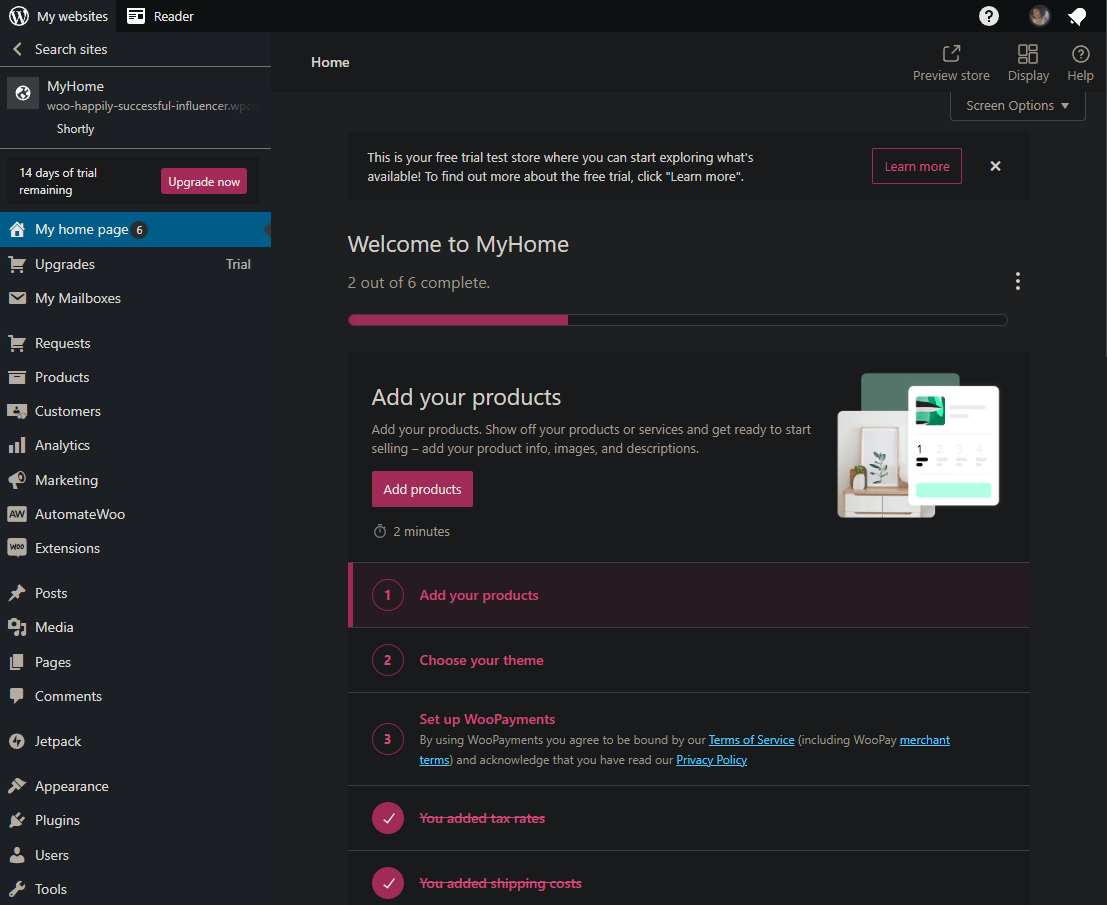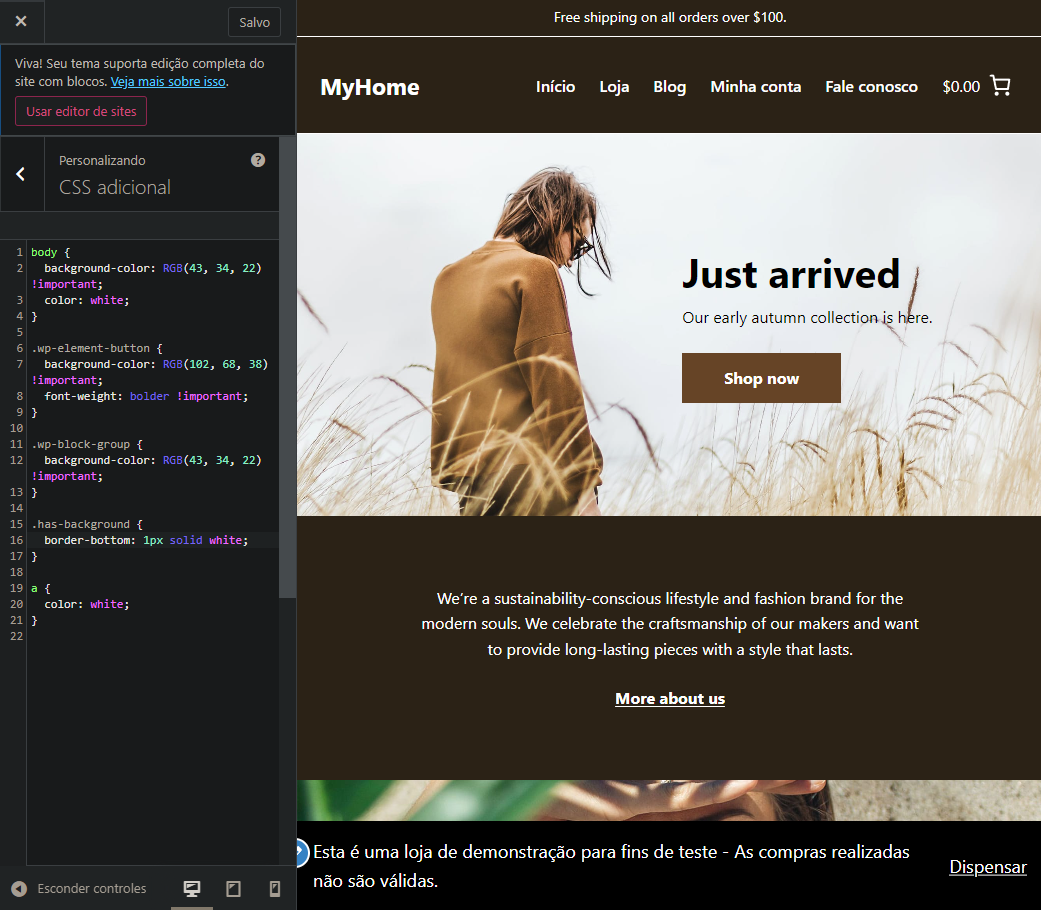

For Companies
For AI Labs
For Developers
Use Cases
Customer Stories
Get added peace of mind with Revelo’s risk-free trial. If you’re not satisfied with your hire within the first 14 days: You pay nothing, and we’ll find you a new candidate at no additional cost.










Emilia F.
Experience
6 years
AVAILABILITY
Full-time

Jorge A.
Experience
10 years
AVAILABILITY
Full-time

Ariana C.
Experience
6 years
AVAILABILITY
Full-time

Miguel G.
Experience
6 years
AVAILABILITY
Full-time
Rigorously vetted for technical and soft skills. Expertly hand-picked for your needs
Work synchronously with developers in the same or overlapping US time zones
Get shortlists within 3 days and hire in as fast as 2 weeks
Go further and reduce the overhead of sourcing, hiring, and talent management
Facebook API | Instagram API | YouTube API | Spotify API | Apple Music API | Google API | Jira REST API | GitHub API | SoundCloud API
Amazon Web Services (AWS) | Google Cloud Platform (GCP) | Linux | Docker | Heroku | Firebase | Digital Ocean | Oracle | Kubernetes | Dapr | Azure | AWS Lambda | Redux
MongoDB | PostgreSQL | MySQL | Redis | SQLite | MariaDB | Microsoft SQL Server
Carving out an e-commerce niche in a competitive industry requires robust technical foundations. WooCommerce is the powerful e-commerce platform behind over 2.5 million websites​, and it integrates with WordPress, which underpins 40% of all websites.
Hiring WooCommerce developers brings several key advantages to a company’s web development projects. WooCommerce allows for integrating a sales platform for purchasing physical, digital, or affiliate products. Additionally, WooCommerce's ease of customization provides a secure, customer-friendly shopping experience that fits any brand identity​.
However, hiring adept WooCommerce developers comes with challenges, and the cost can be a hurdle. That’s why many companies hire WooCommerce developers from talent marketplaces instead of traditionally hiring an in-house development team—circumventing more complicated recruitment, training, and management overhead while still receiving specialized expertise​.
WooCommerce development helps companies create custom e-commerce websites. It allows attractive web design to co-exist with robust functionality so businesses can offer seamless online shopping experiences.
The core of WooCommerce development lies in its frameworks and an array of plugins, which allow for endless customization and integration possibilities. This level of flexibility allows developers to expand or customize WooCommerce’s core functionalities through plugins, themes, and additional code.
When hiring WooCommerce developers, organizations invest in a tailored solution that can adeptly cater to their unique needs and customer expectations. Companies using WooCommerce can have various operations, from inventory management to customer relationship management, all under one roof.
Depending on project requirements or organizational needs, WooCommerce developers are typically directed towards the execution of several different e-commerce objectives, including:
From a non-technical perspective, WooCommerce resembles building blocks that allow businesses to easily add or change features on their online store. This process tends to be more complicated and time-consuming with other platforms.
Because WooCommerce is deliberately designed to integrate well with WordPress, it's quicker to set up and start selling products online if a business already uses this particular content management system.

One of WooCommerce’s most valuable tools is plugin development. Plugins allow businesses to add new features to their online store. For instance, if a store owner wants to add a new payment method, like Apple Pay or PayPal, they can do so with a plugin. This is due to a feature called payment gateways, which are secure portals that allow money to be transferred from the customer to the platform.
Theme development adds further versatility when it comes to making a store appear unique and professional to match the stylistic tone of an organization. WooCommerce allows developers to use programming languages to create custom themes and visually enhance their e-commerce platform.
Additionally, marketing teams use search engine optimization (SEO) within WooCommerce to boost site visibility for potential customers. In WooCommerce, teams increase a store's SEO standing by using plugins like Yoast SEO, which helps optimize product descriptions, titles, and meta tags so Google can more easily find an online shop.
If a company already has an online store elsewhere and wants to switch platforms, WooCommerce integrates with several top programs, including Shopify. WooCommerce provides API integration functionality, an intermediary that lets two or more software programs connect without starting from scratch.
With tools to personalize the checkout process, manage inventory effortlessly, and ensure a store functions on both desktop and mobile, WooCommerce helps companies thrive in the online retail space. Some additional WooCommerce benefits include:
A WooCommerce developer crafts and optimizes e-commerce platforms to deliver seamless user experiences. Their overarching objective is to engineer a robust, visually appealing online storefront that bolsters user engagement and drives conversions.
Developers may find, for example, that project requirements dictate a focus on platform appearance because functionality has been established. Key responsibilities for WooCommerce programmers vary, but typical duties include:
Top WooCommerce developer candidates should have a well-rounded skill set to effectively navigate the challenges associated with e-commerce project demands. They should be technically proficient in HTML5 and CSS3 to make an online store visually appealing and user-friendly. A strong grasp of back-end technologies, particularly MySQL for database management, helps with the seamless operation of an online store. Familiarity with WordPress plugins and app development helps developers expand a site's functionality and mobile responsiveness.
Additionally, a solid understanding of various programming languages and frameworks is beneficial. This includes being adept with e-commerce PHP, the backbone of WooCommerce, and JavaScript, focusing on libraries such as jQuery to enhance interactive features. A good knowledge of APIs, payment gateways, and third-party integrations allows for more advanced customization.
Soft skills like effective project management help developers meet timelines and project goals. Good communication and teamwork skills are also important, as WooCommerce developers often need to collaborate with marketing team members and internal stakeholders.
Many companies prefer a bachelor's degree in computer science or a related field alongside WordPress or WooCommerce certifications. Depending on the organization, practical experience in the field is considered in place of a formal academic education.
WooCommerce development requires a robust understanding of various languages for seamless creation and management of online stores. Here are three languages integral to WooCommerce development.
There are many reasons a WooCommerce developer needs to know PHP, including:
JavaScript proficiency is an essential skill to look for when hiring WooCommerce developers due to:
Structured Query Language (SQL) is a pivotal language for WooCommerce developers as it lets them interact with databases to manage and retrieve information essential for an e-commerce website.
Here is a comprehensive list of SQL functions that WooCommerce developers use in e-commerce management:

There are many WooCommerce programming tools to help developers complete their jobs more efficiently, but there are three key programs that most programmers regularly employ: Webpack, Query Monitor, and PHP_CodeSniffer.
Webpack is paramount to several processes involved in data manipulation responsibilities, including:
Query Monitor helps WooCommerce developers uncover what's happening behind the scenes of online stores through several functions, including:
PHP_CodeSniffer acts like a grammar checker for code to ensure it's consistent and up to coding standards—a crucial feature for WooCommerce developers.
PHP_CodeSniffer:
In modern web development, functionality and appearance are key drivers in sending trust signals to potential customers on an e-commerce platform. WooCommerce features tools for both front-end and back-end development, allowing organizations to create scalable and appealing user experiences for customers.
The front end is where the design magic happens to make the store look appealing. WooCommerce developers create easy-to-navigate product pages, eye-catching product displays, and a smooth checkout process.
For instance, a clothing store might want a custom theme that reflects its style and a user-friendly layout to help shoppers find their clothes easily. WooCommerce helps make all these customizations possible.
The back end is where all data management occurs. WooCommerce manages product inventory, processing orders, and handling customer data securely.
For example, when a customer places an order, WooCommerce helps process that order, update the inventory, and send order details to both the customer and the store owner. A robust back-end system is key to handling large volumes of sales and customer data.
The average salary for a mid-level WooCommerce developer in the U.S. is approximately $71,000. This figure varies based on factors like experience, industry of employment, and geographical location. The average salary might also include stock/equity options, bonuses, and other compensation benefits.
Developers in Latin America are equally skilled but earn 30% to 50% less than their U.S. counterparts due to their lower cost of living. Revelo connects you with highly qualified, English-speaking, and pre-vetted Latin American developers. An international hiring strategy can benefit companies looking to manage their development costs while securing top-notch talent.
Featured Tool: Tech Team Budget Calculator
To hire WooCommerce developers who are the right fit for your company, you must clearly define the role and your business needs. Determine if the developer needs to design a new online store, fix issues on your current site, or prioritize other tasks. Be specific when you post your job description.
When screening candidates, look at their portfolio, ask for references, and prepare your interview questions carefully. When speaking to developers, ask them how they tackle problems and their reasoning behind design and functionality decisions on previous projects. Platforms like GitHub provide key insights to hiring managers and showcase specific examples of a developer's past work in e-commerce.
Additionally, having a small test project or task to evaluate developers’ skills and processes is a good practice.
WooCommerce developers provide indispensable design and functionality services in an increasingly competitive online retail industry. Certain e-commerce platforms provide pre-fabricated solutions for online stores, but the customization options in WooCommerce appeal to organizations that want to provide a unique and tailored UX.
Hiring WooCommerce developers who excel at both the front and back ends of e-commerce development can be time-consuming. At Revelo, we have an extensive vetting process for WooCommerce developers, saving you time and efficiency. After onboarding, we also handle additional administrative services, such as payroll, taxes, local compliance, and benefits administration.
Contact us to hire WooCommerce developers and solidify your organization’s e-commerce presence.
Build your remote software engineering team in any tech stack. Our talent pool of senior software developers are pre-screened across 100+ skills.
Looking for work? Apply here
Yes, if for any reason you find the developer you hire isn't a good fit within the first 14 days - you pay nothing or we can find you a replacement at no additional cost.
Hiring a full-time developer through Revelo is a simple 3-step process. First, you tell us your hiring needs. Second, we match you to the best developers within 3 days. Third, you interview the candidates you like and hire the one you like most.